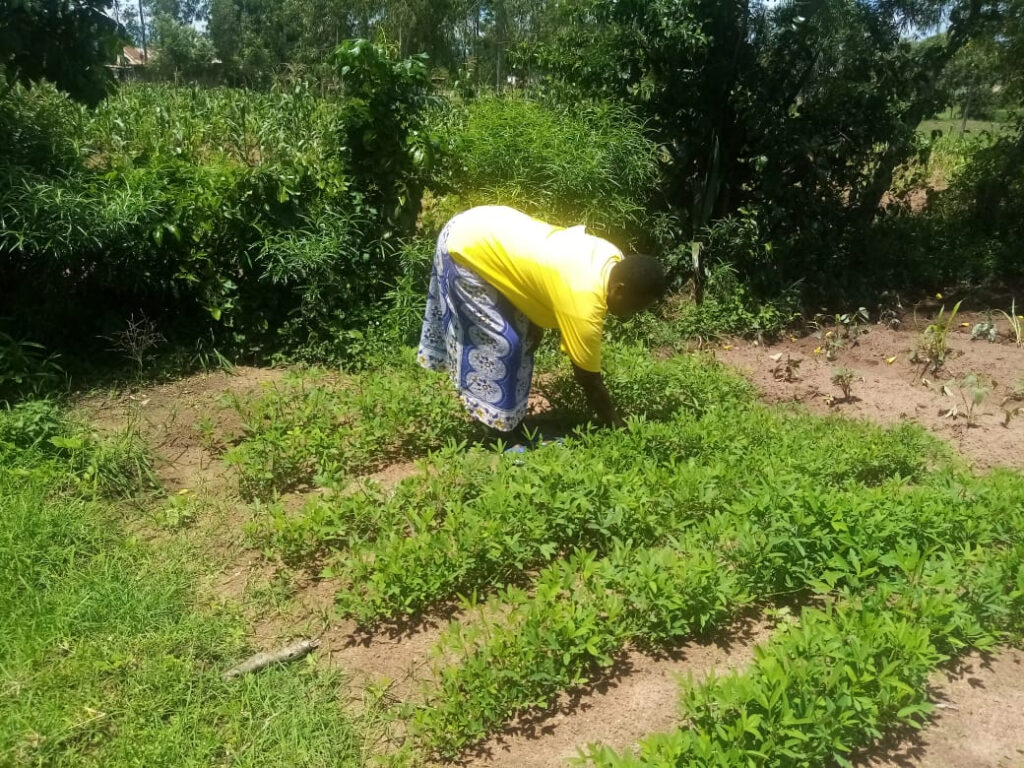
The last few weeks have been very busy for all of the SANGO-Kenya farmers. The growing season is coming to an end and they have been busy harvesting vegetables to eat, preserving them so they can continue to eat them after the end of harvest season, and – for those with surplus – selling them at market.
The effects of COVID and the war in Ukraine have dramatically increased prices, making the increased crop yields resulting from the agriculture methods SANGO-Kenya promotes all the more important.
However, climate change and erratic rainfalls continue to present tremendous problems to the farmers. Climate change is affecting food security in sub-Saharan Africa more than anywhere else, and SANGO-Kenya farmers feel the effects every day. When the rains come late, do they wait for the rains to start before they plant, or do they go ahead and plant and hope the rains will come? What are the best methods for cultivation to mitigate the challenges of lack of rainfall – or, for some of our farmers, flooding?
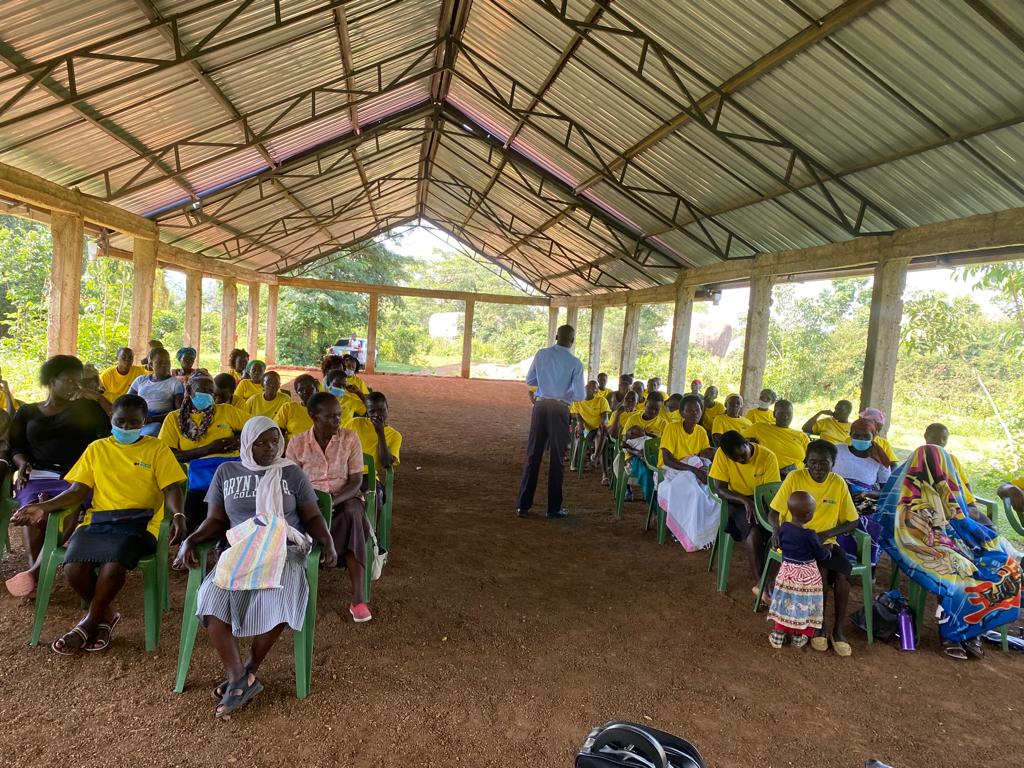
These are some of the problems the SANGO-Kenya farmers, team, and advisors are trying to solve. We have increased training to try to help them have the most successful growing seasons possible. But it is a moving target – the rains are becoming more erratic and we can’t control the environment.
Therefore, it was no surprise when Constance, SANGO-Kenya’s co-founder and Director of Programs and Research, met with the farmers in Kenya and, without exception, all reported that water is still their main concern. Also, not surprising, given the determination and dedication of the farmers, and their recognition of the many benefits they and their children receive, the farmers remain committed to the program.
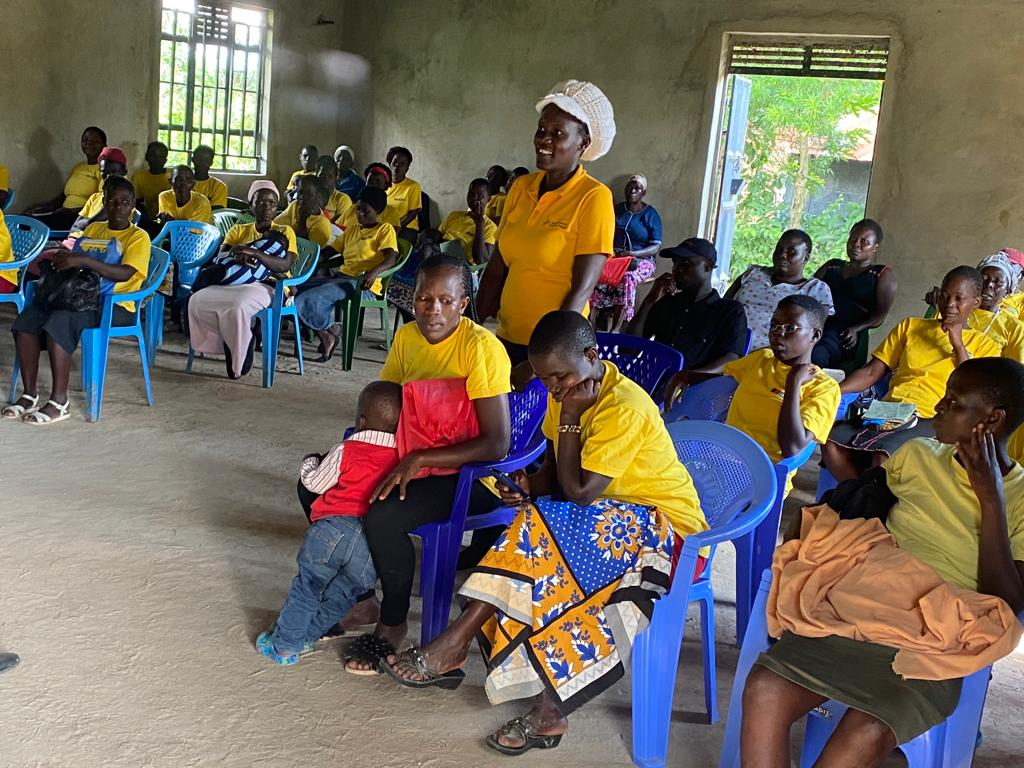
From Constance: “The farmers are all very positive about participating in SANGO-Kenya. They are very grateful for the increased harvests, savings from not having to buy vegetables, increased nutrition from their crops — and the camaraderie they enjoy from working with the other farmers.
“At the same time, they also all said that water continues to be a tremendous problem. Sometimes there is not enough water, other times there is flooding. It depends on the week and also which communities they’re in.
“Sometimes, some farmers have had virtually no crops.
“However, they are determined! We had very good, open discussions regarding the problems that climate change presents. Peter [SANGO-Kenya’s Agriculture Field Officer] has been talking to them for some time, gathering information, discussing different options. All are very eager to partner with us to find solutions, and all agree that they must have ownership – they are not looking for handouts.
“Peter led the meetings, presenting some of the evidence he has gathered in interviews, about how much they are spending buying water from boreholes [a type of well]. They are shocked at how much they are spending – and the water they purchase from the boreholes is frequently salinated!
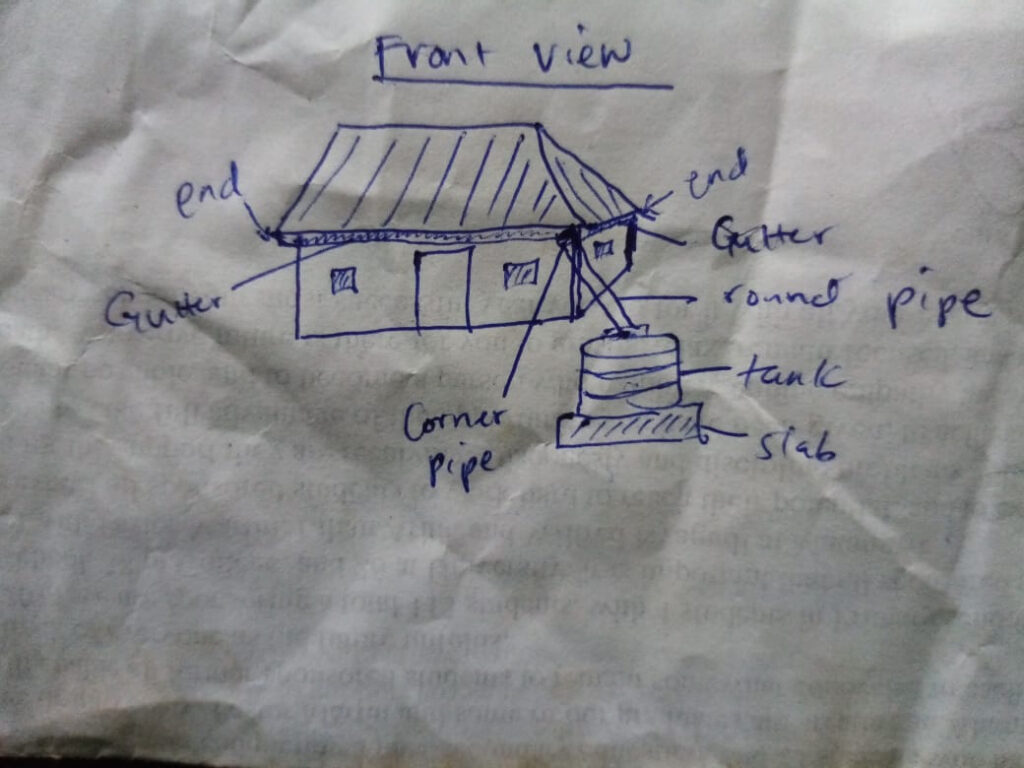
“He talked to them about capturing and storing rainwater from their roofs, using gutters, downspouts, and storage tanks. They are all familiar with these systems, but the cost and logistics have been prohibitive. We then discussed different ways of financing – Kenyan women are known for different types of savings groups, for example table banking and merry-go-round savings groups.”
Table banking and merry-go-round savings groups are two popular methods Kenyan women use to save funds. Both have been very successful in helping Kenyan women entrepreneurs be successful; both involve members of a group contributing an agreed upon amount of money at an agreed-upon frequency to the group kitty; both require beneficiaries to account to group members for monies received.
There are also some differences. In table banking, the women receive loans, then pay them back with interest. In merry-go-round savings groups, the women receive money from the group kitty following an agreed-upon schedule and format and are not required to pay back the money received.
Constance continued, “We don’t yet have a definitive solution, but Peter and the farmers left the meetings planning to continue the discussions and get together again in a couple of weeks. I am really looking forward to hearing what they suggest.”
All of us are seeing and feeling the effects of climate change in one way or another. The farmers of SANGO-Kenya feel the effects every day – and have no safety nets. However, they remain committed to work harder, to find better solutions so they can continue to feed their children, themselves, and build stronger communities. And so are we.
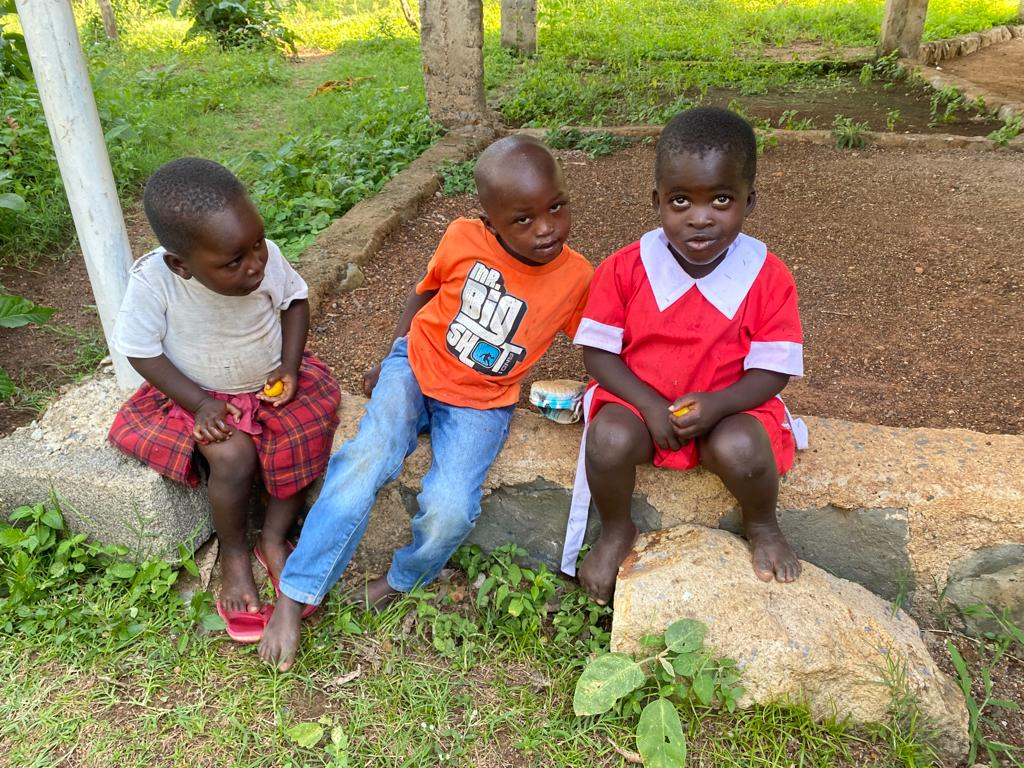
Erokamano!
Kit
Your generosity has made all of SANGO-Kenya’s programs possible. Your tax-deductible donation today will help SANGO-Kenya continue to recruit, train, and support more farmers so they can improve their nutrition, food, and economic security for themselves and their families. Please consider making a tax-deductible contribution. Thank you.
Please like us on Facebook:
SANGO-Kenya
And follow us on Instagram:
SANGOKENYA
Write me! I love hearing from you! kit@SANGO-Kenya.org
